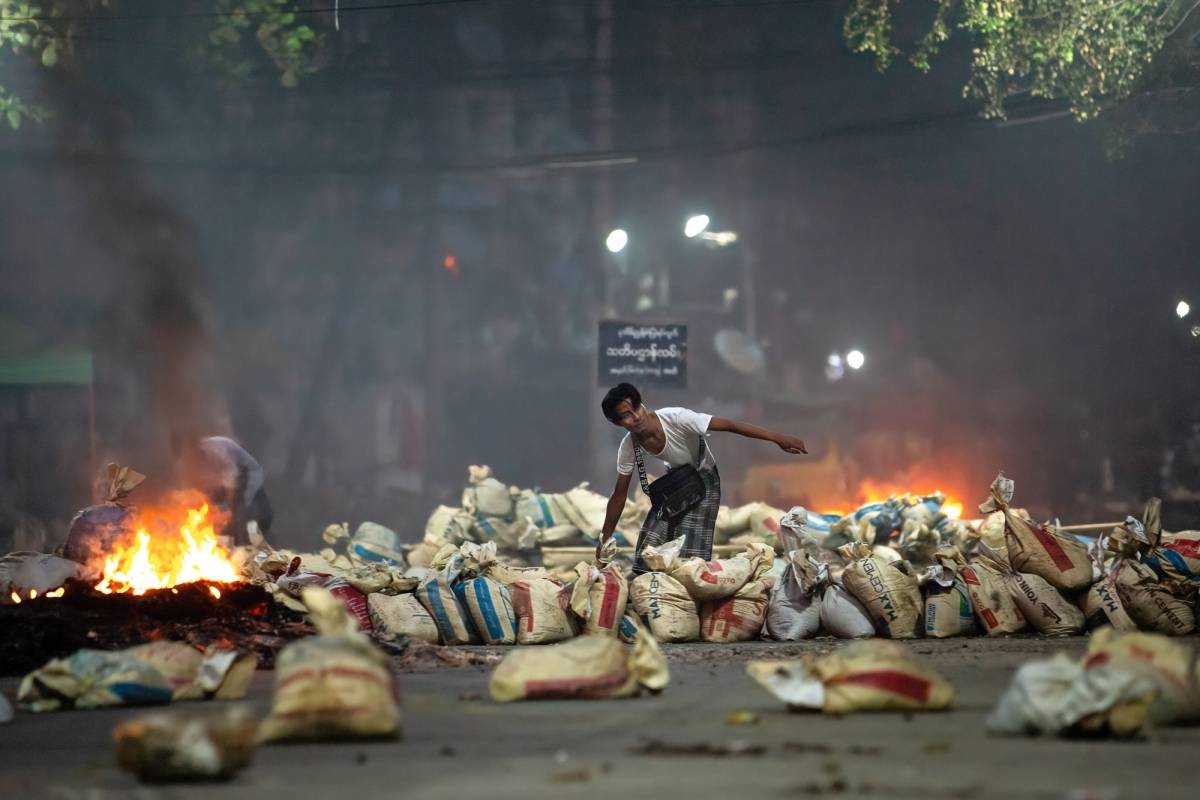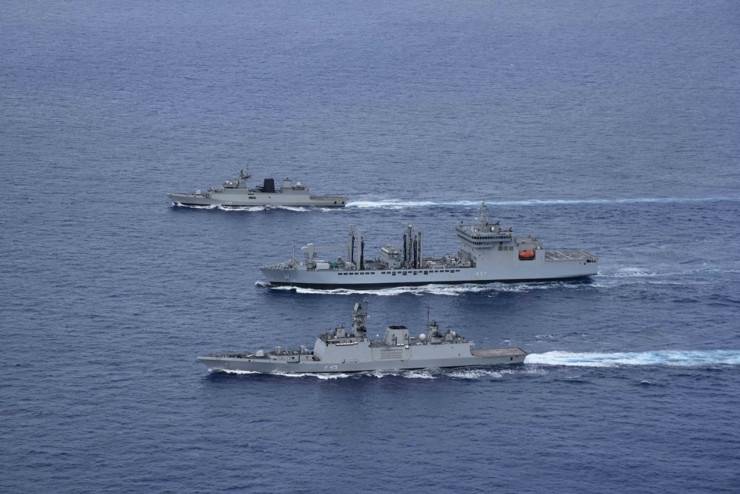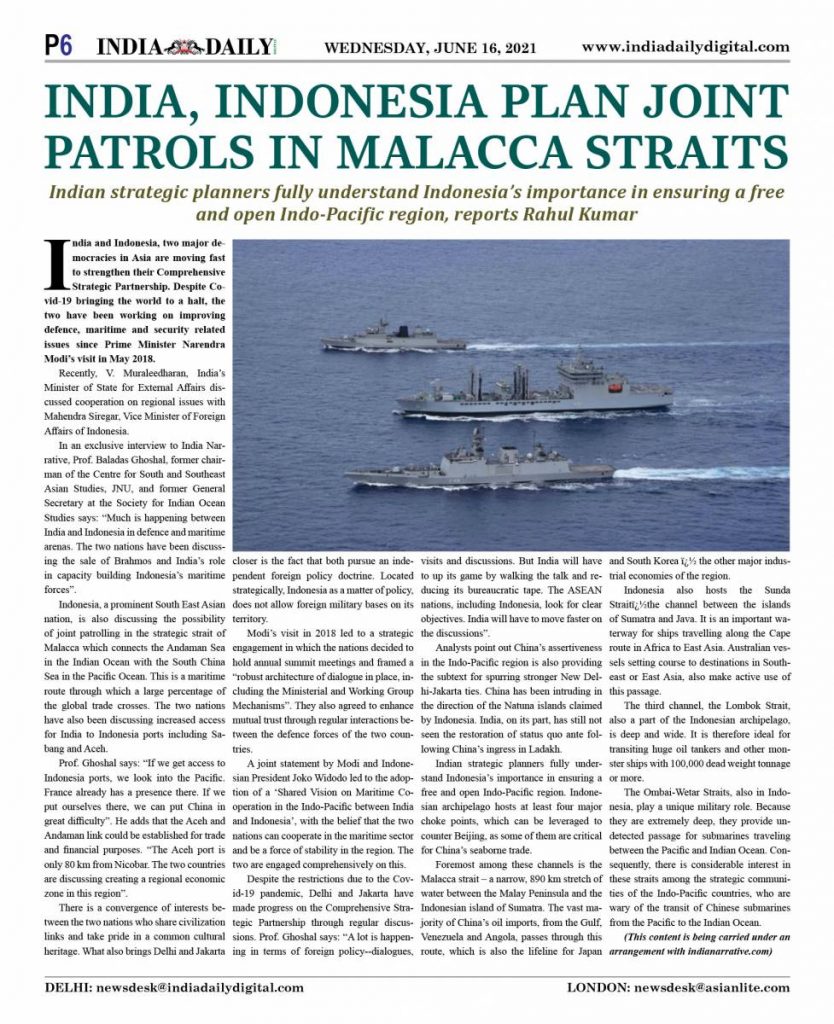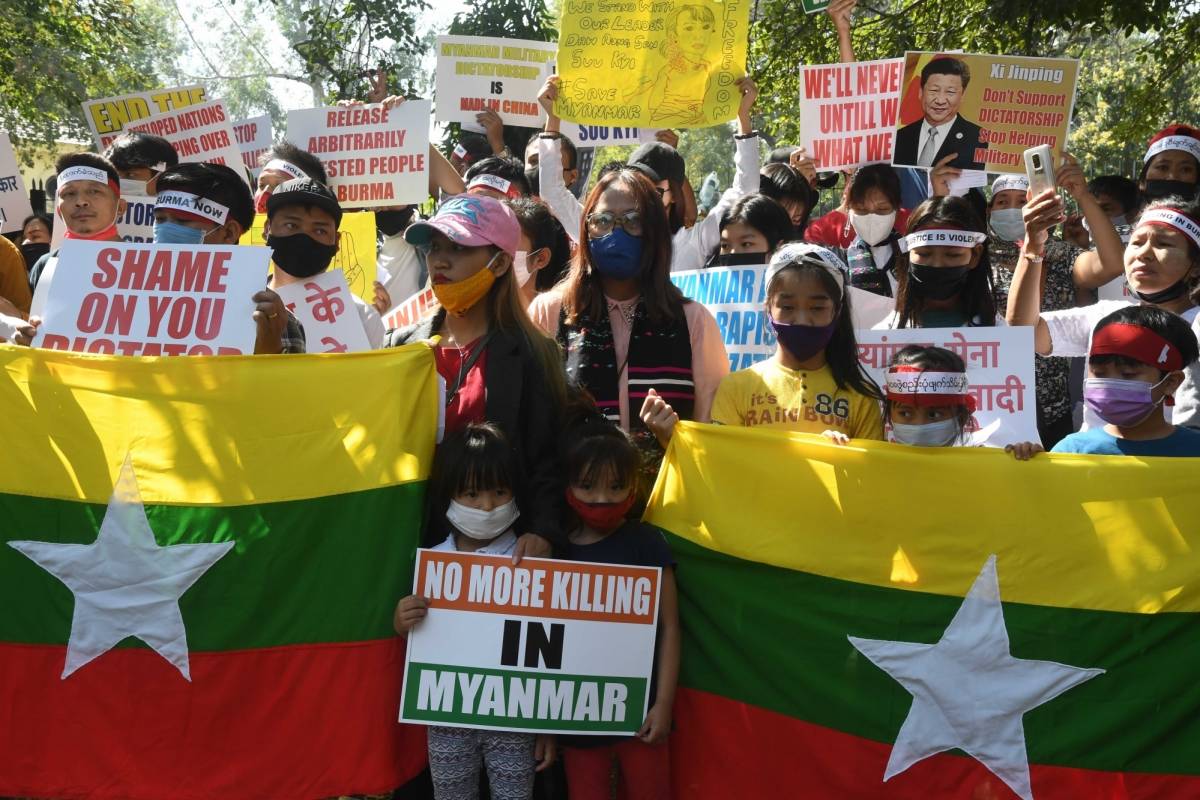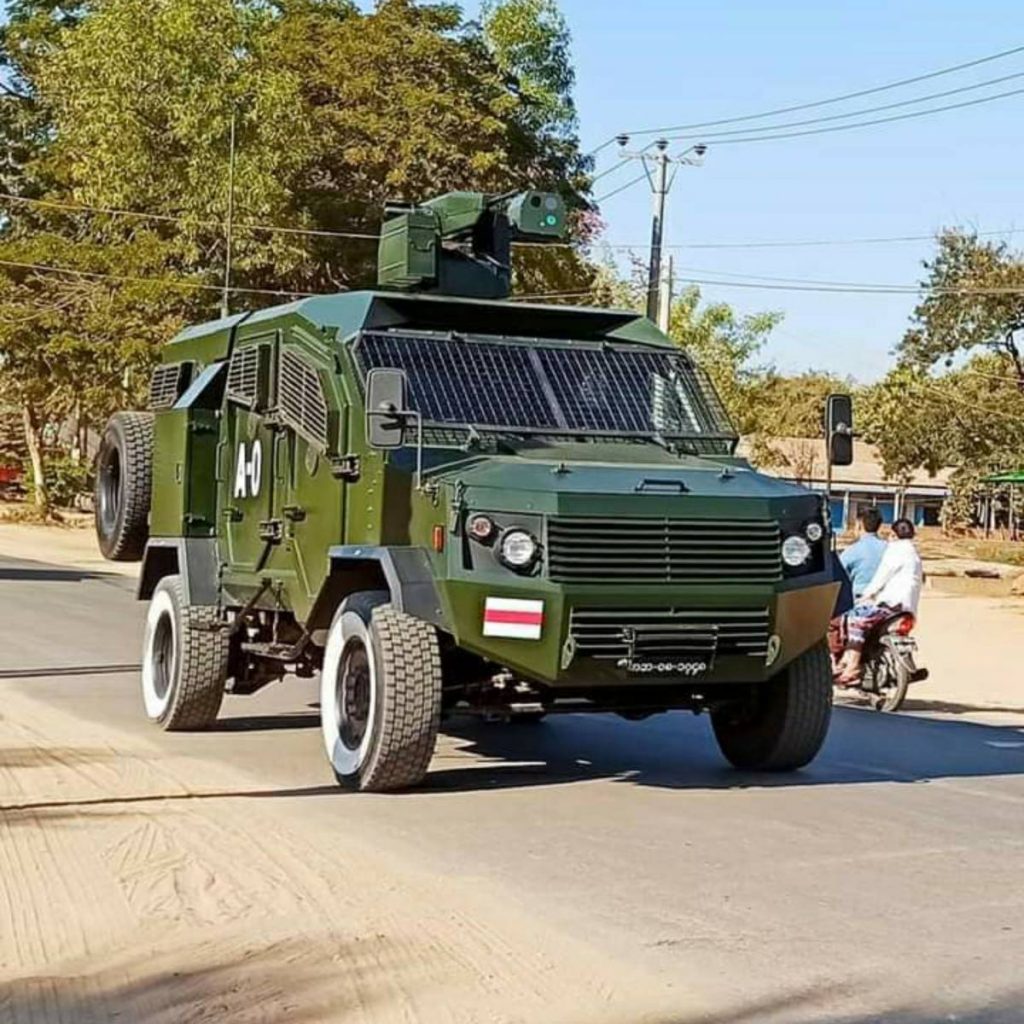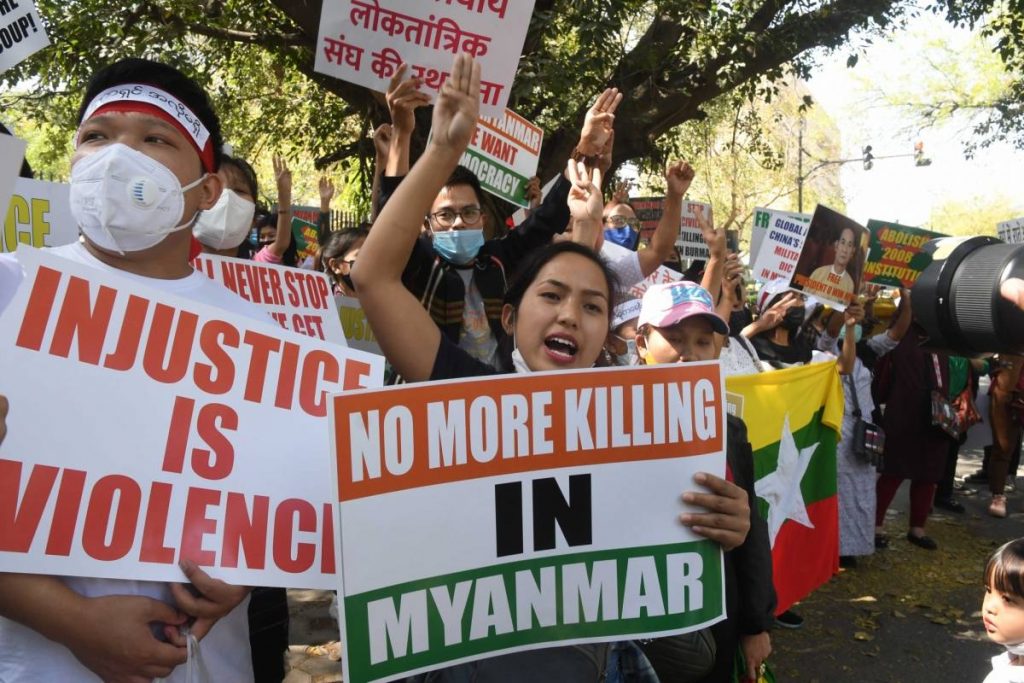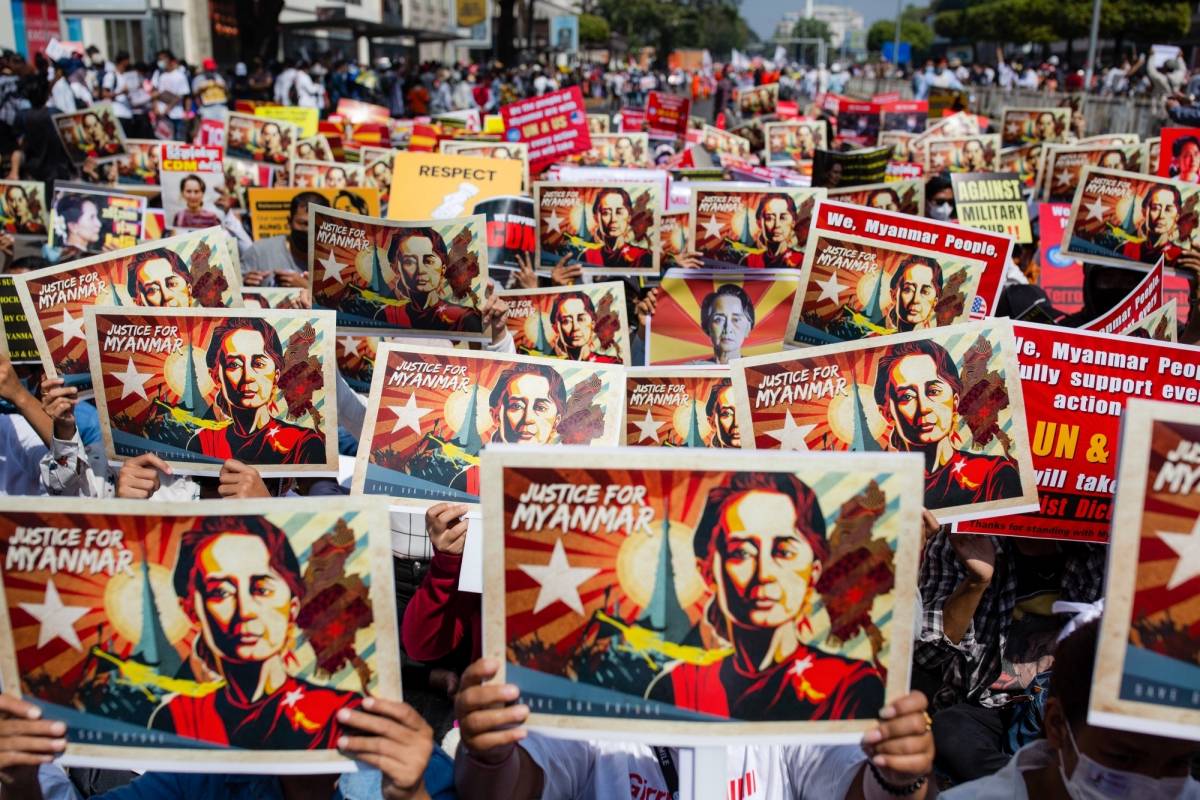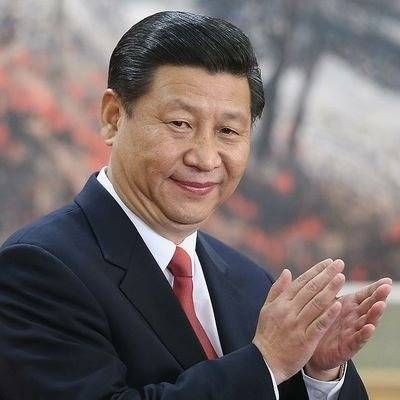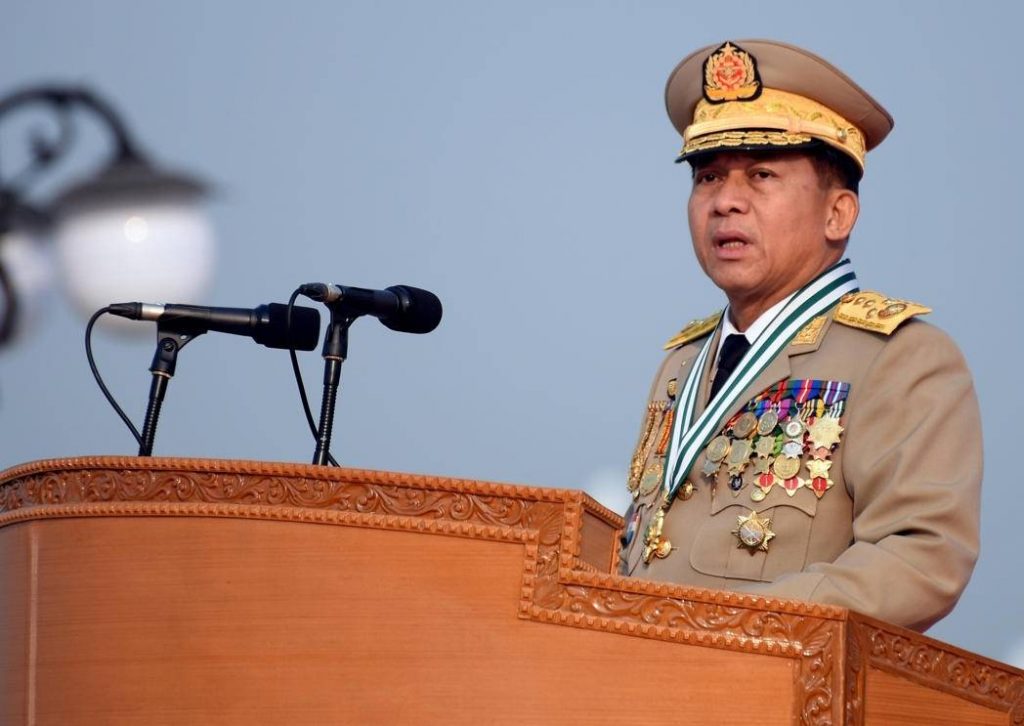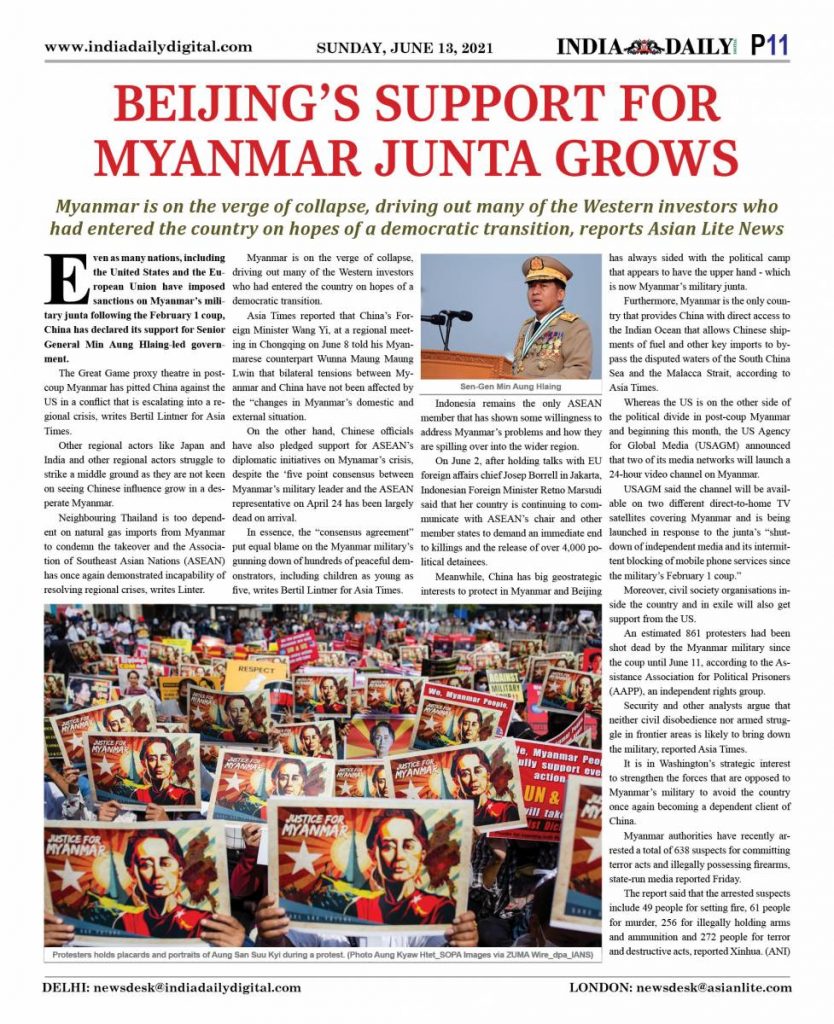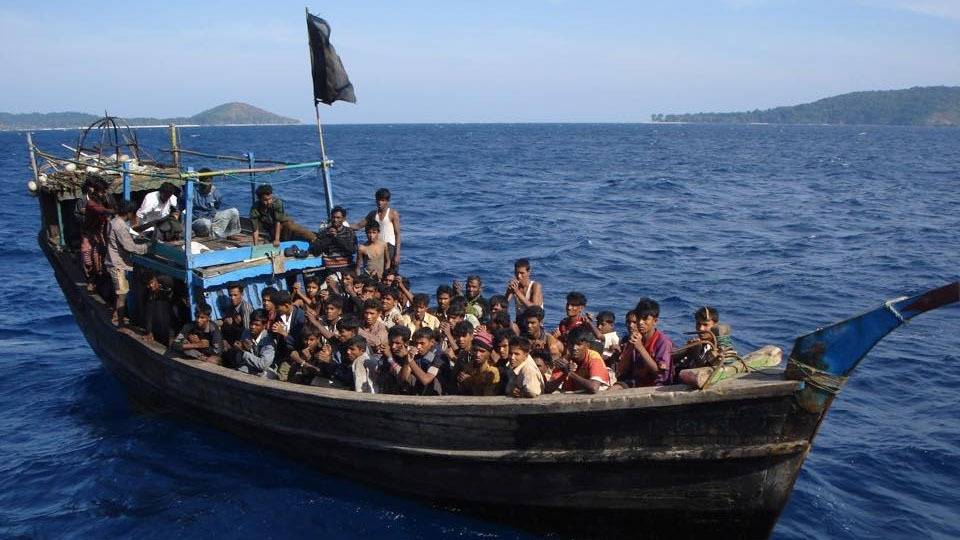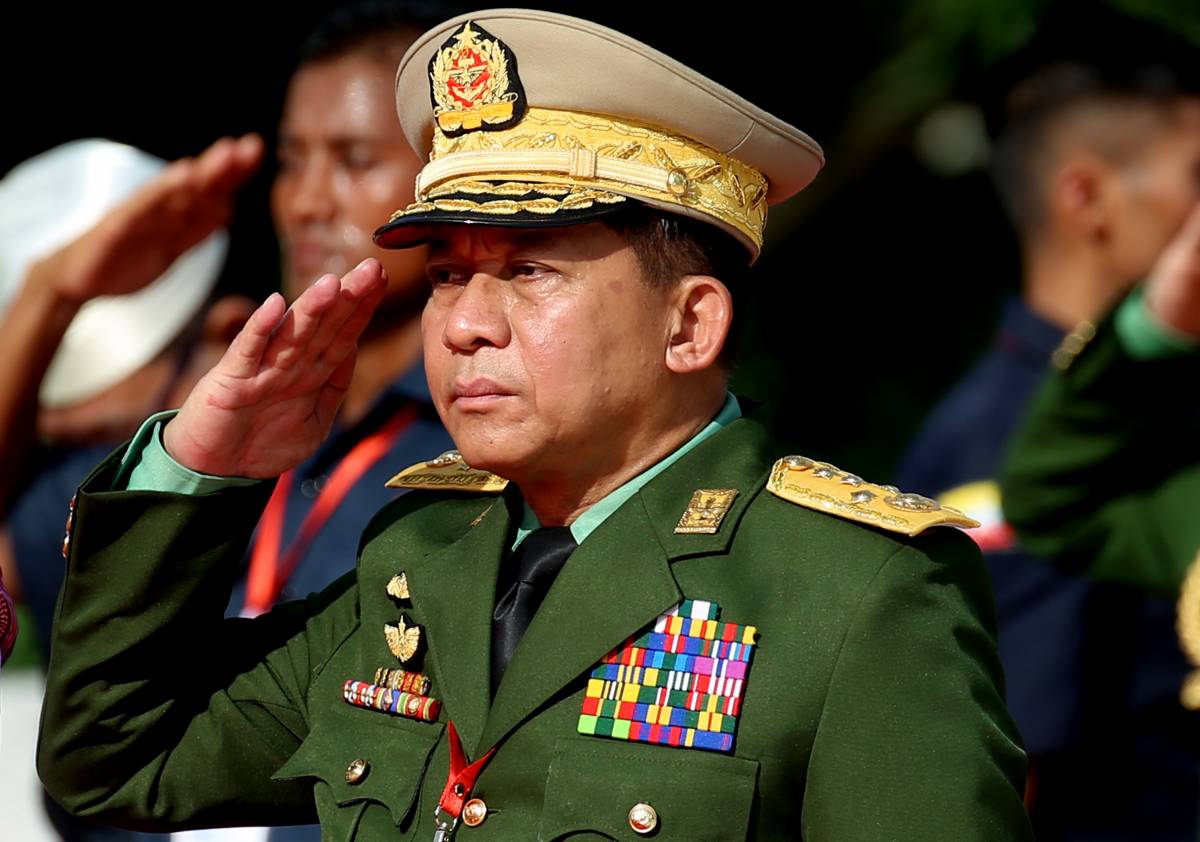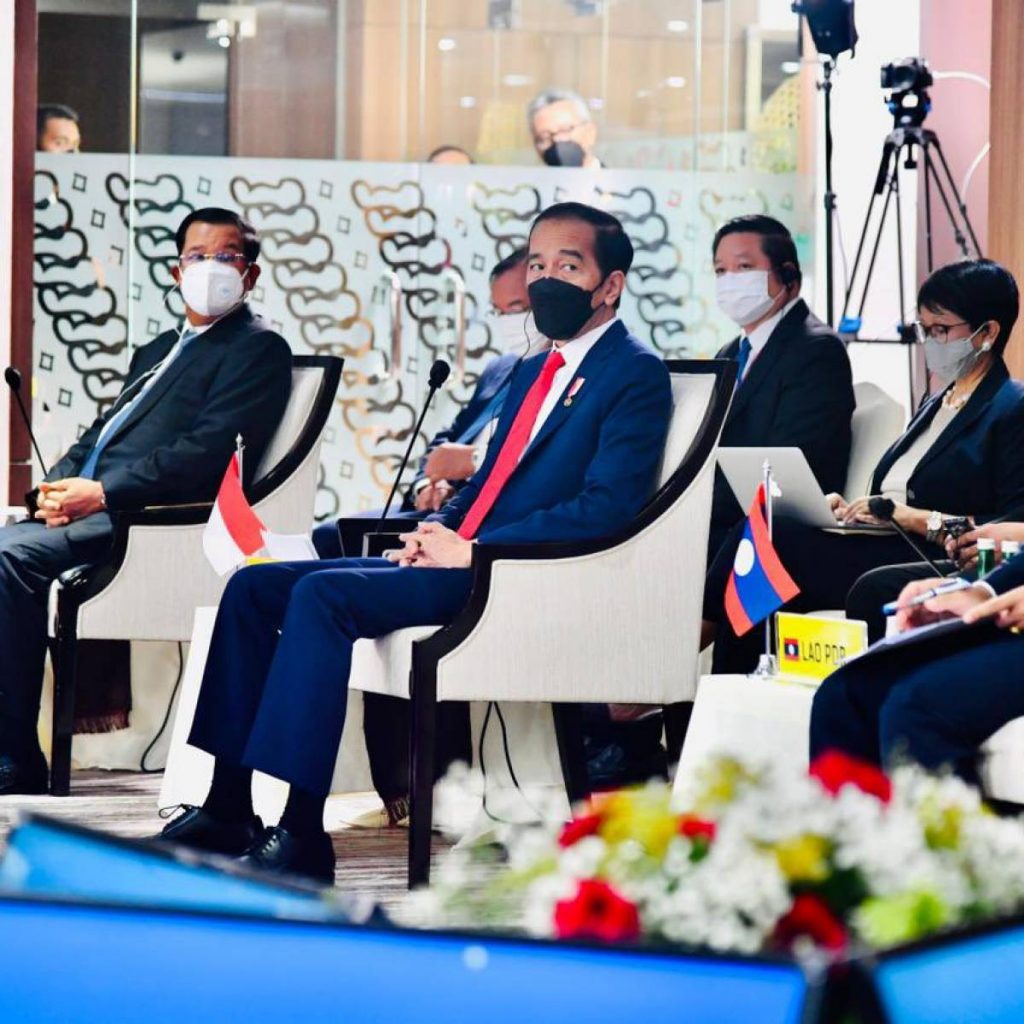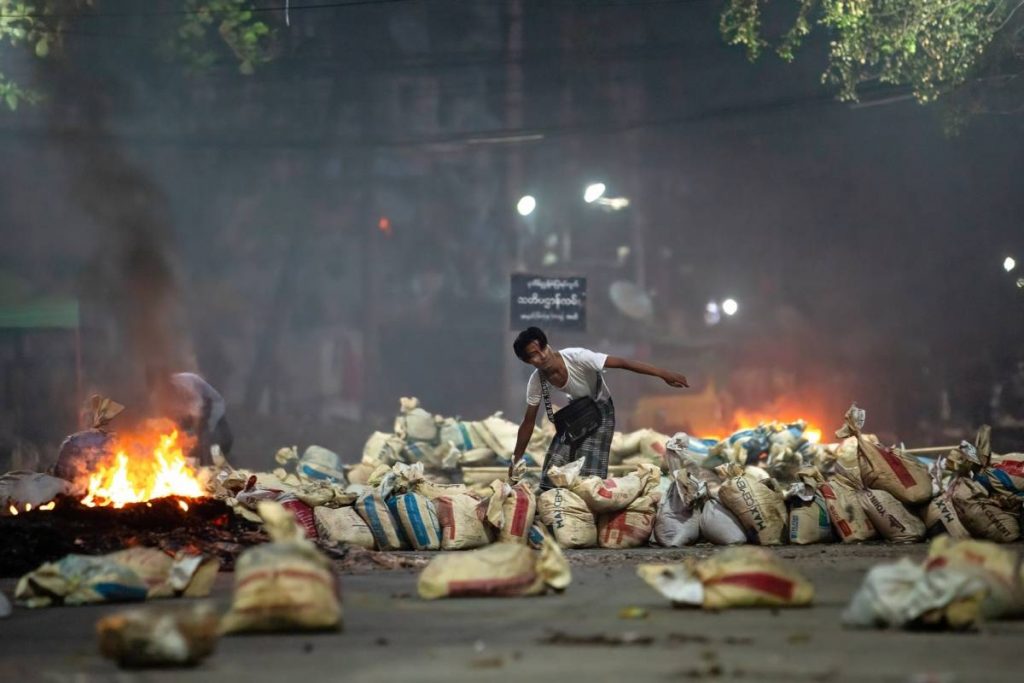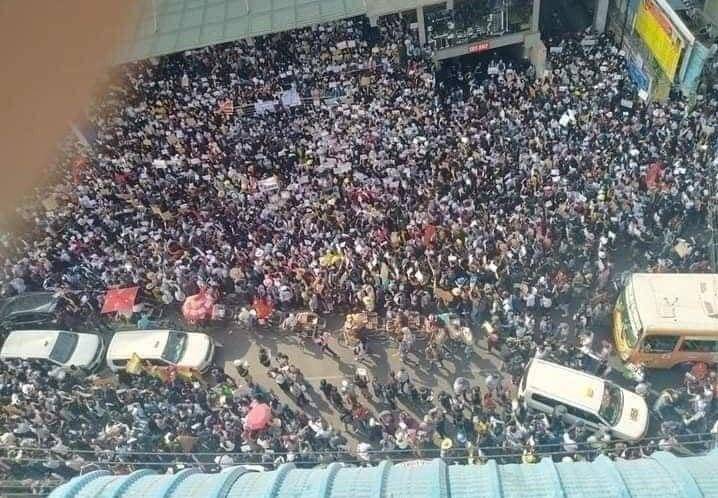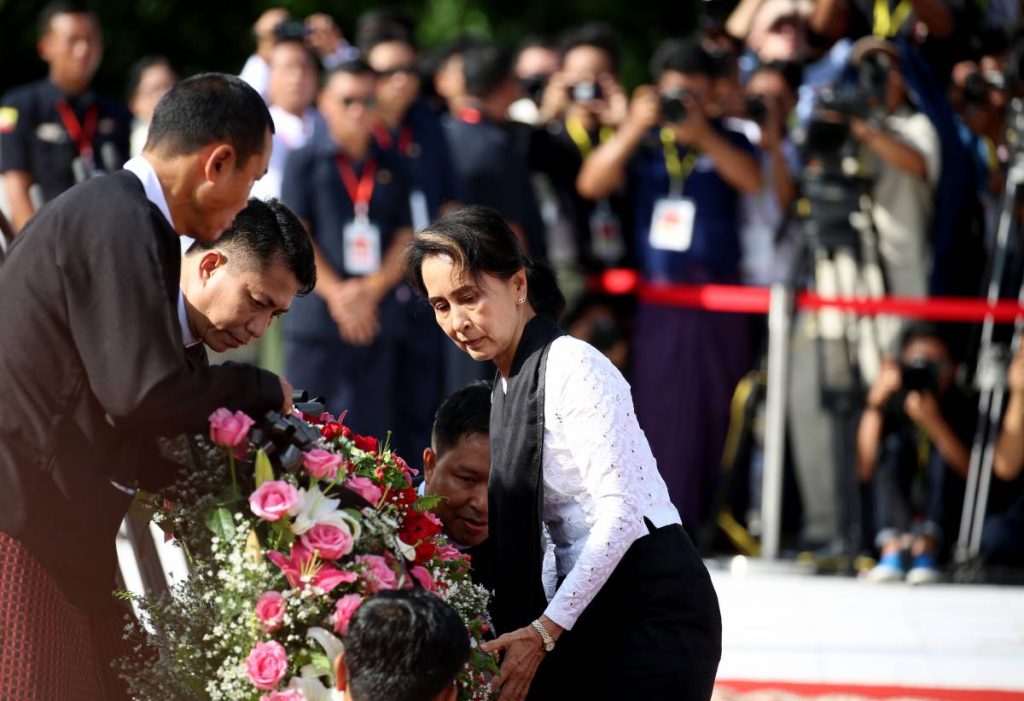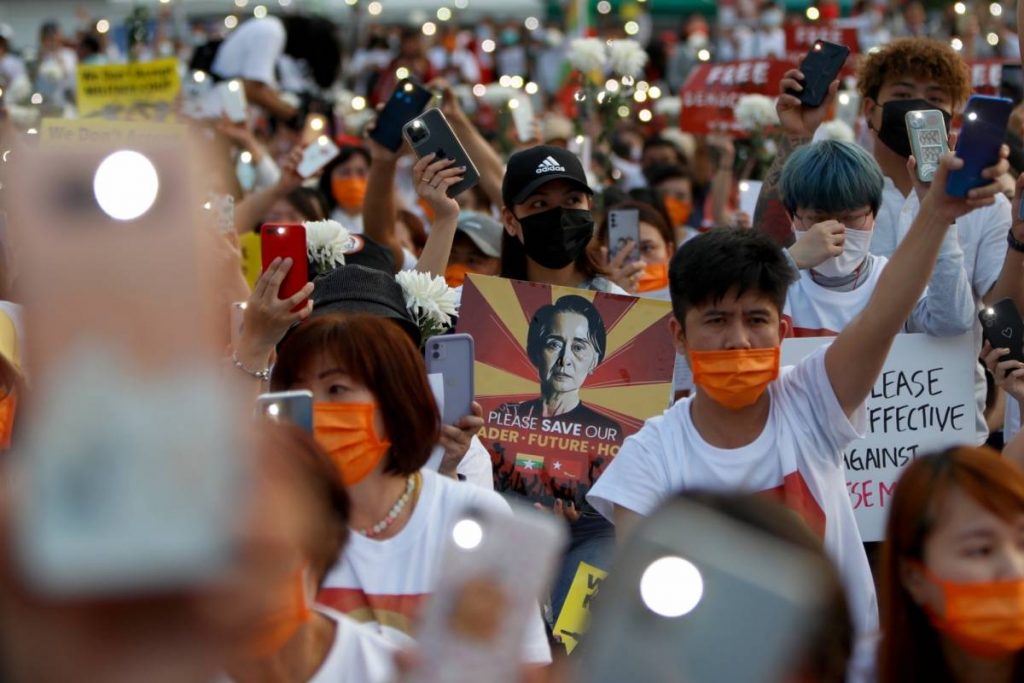The South-East Asia expert says that the Tatmadaw of the Myanmar military will not give up its power without extracting certain advantages…writes Rahul Kumar
The volatile situation in Myanmar, a pivotal neighbour that shares borders with India, China and South-East Asia is testing New Delhi’s capacity to safeguard its short and long-term interests, without falling into the trap of either populism or crass opportunism.
Can India play a constructive role in resolving the acute problems that Myanmar is facing after the February 1 military coup? The elected government led by Aung San Suu Kyi has been ousted. Despite the army’s iron fisted rule, the country totters on the brink of civil war. This current situation therefore bears ill of India’s core interests.
There is an argument that India should take a clear position, stand with the “democratic forces” and take on the military head-on. In a guest editorial, The Irrawaddy says that this is the right time for India to step in and help solve the Myanmar crisis. The editorial observes: “India’s ambiguous stand on the Myanmar coup has left many foreign policy analysts perplexed. Being the world’s largest democracy and a neighbour, it should stop procrastinating and initiate some smart diplomatic moves given that the military chief continues to maintain good relations with the government of Indian Prime Minister Narendra Modi.”
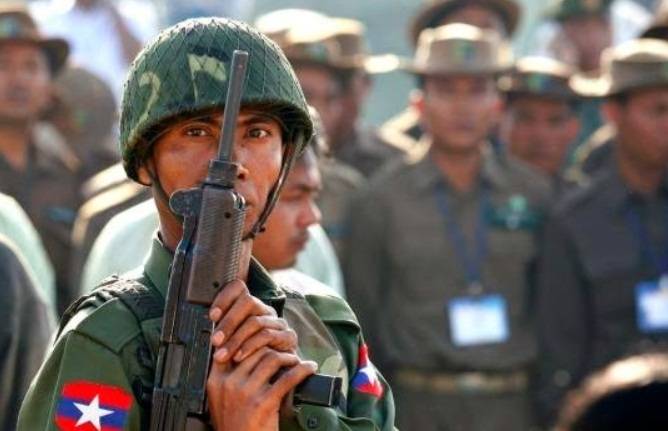
Highlighting the upward trend in relations between India and the Myanmar Army, called the Tatmadaw in Myanmarese, the article says that India had given a diesel submarine�the first for Myanmar�to the Navy; the Myanmarese forces have been cooperating with India in handing over the North-East rebels and the two forces have been holding military exercises and joint surveillance.
But can India take clear sides, and would that help? Or, instead, is there a creative third way where India neither sacrifices principle nor prudence in dealing with the situation? Some analysts are of the view that it may not be wise for India to go solo in its diplomatic engagement with Myanmar. Bonding with the 10-nation ASEAN and other stakeholders such as Japan and South Korea may be a better option.
ALSO READ: India abstains from vote on UNGA’s Myanmar resolution
“Despite good relations with both sides in Myanmar, India alone may not have that much leverage with its neighbour. Myanmar is a South-East country and its identity lies with the Association of Southeast Asian Nations (ASEAN). India can join hands with ASEAN, Japan and South Korea�all of who pull leverage in Myanmar�and persuade the army chief to give and take”, Prof. Baladas Ghoshal, former chairman of the Centre for South and Southeast Asian Studies, JNU, and former General Secretary at the Society for Indian Ocean Studies told India Narrative.
The South-East Asia expert says that the Tatmadaw of the Myanmar military will not give up its power without extracting certain advantages. “India and ASEAN will have to meet both parties. A compromise has to be worked out where the army accepts the elections and allows Suu Kyi to rule. The army itself will handle ministries like Defence, Interior and Border Affairs. After their compromise, the two sides will not touch the constitution.”
Strategically Myanmar occupies a vital position, and also the support of democracies like India, Japan, South Korea, which can help it transform its governance. Also, it has enormous resources and can learn from and replicate the experience of ASEAN nations to become “one of the tigers”.
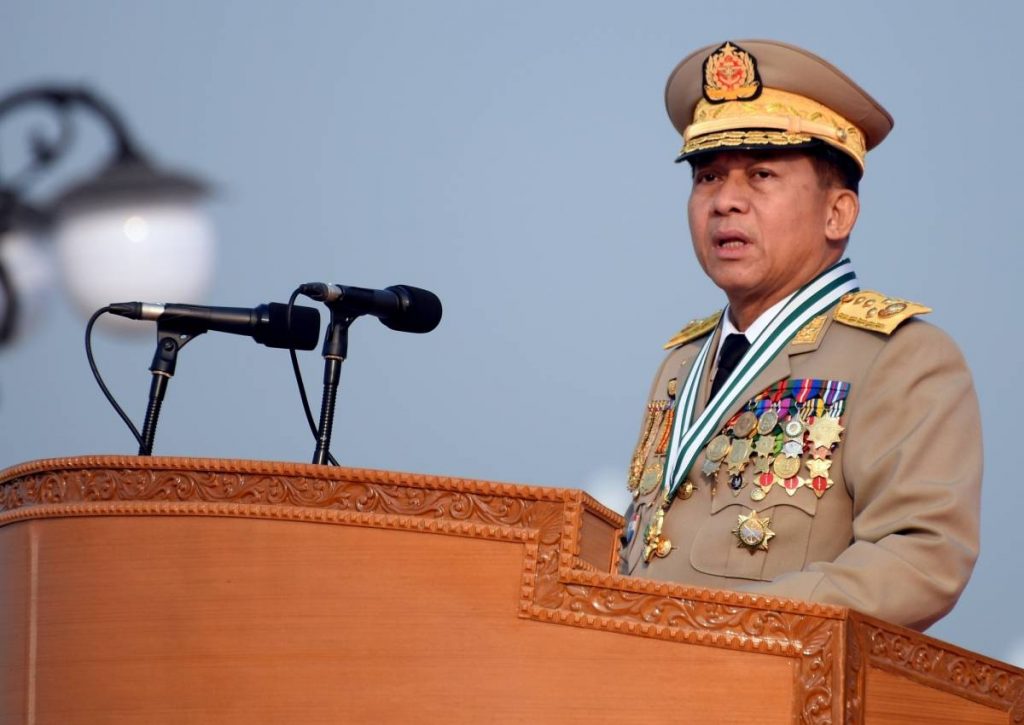
In a candid interview, Myanmar’s highly nationalistic army has admitted that it still cannot fully control the country more than three months after the coup. The Irrawaddy reported that Senior General Min Aung Hlaing told the Hong Kong-based Phoenix Television on May 20 that he had not expected such strong and continuous resistance from the pro-democracy group. The general admitted that he had “expected an emotional reaction” but not such a sustained anti-coup campaign.
The question before all the parties is�how to get out of this impasse?
ASEAN made an effort to resolve the Myanmar crisis after the world shone an unforgiving spotlight on the grouping. After an initial tepid response to the military coup, ASEAN envoys started talks with General Hlaing�the architect of the coup and have called for the release of political prisoners. However, ASEAN came in for condemnation for speaking only with the military and not the anti-coup National Unity Government (NUG).
“The only way out of the current situation is if India, Japan, South Korea and the ASEAN countries chip in together and persuade Myanmar’s warring parties to accept a compromise where both sides show flexibility and the resolution is Myanmar-owned”, says Ghoshal. The initiative will also dock well with India’s Act East policy, which has a deeper engagement with the ASEAN at its heart.
(This content is being carried under an arrangement with indianarrative.com)
ALSO READ: Azhar, Saeed, Lakhvi among India’s top 31 wanted terrorists

